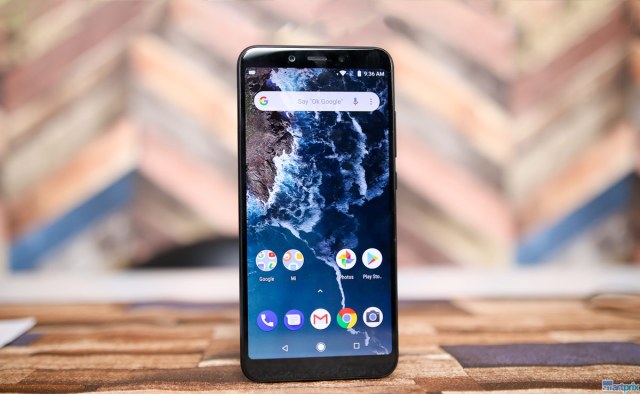Xiaomi’s ad policies and user data management
MK Jain's analysis on Xiaomi's ad policies and user data management

Xiaomi takes pride in describing itself as an internet company. Its business model also revolves around software including value added services and content while skewing the profits margin to a maximum of 5% from its hardware. Advertisements are also a big part of the company’s monetisation efforts.
Xiaomi, however, has faced flak over its decision to put advertisements in MIUI that powers almost all of its phones. Just recently it drew backlash from users over showing ads in Settings. While the company rolled back the controversial feature, it reiterated that Xiaomi will continue with ads in some of its services.
Xiaomi Global Vice President Manu Kumar Jain in an interview with Hindustan Times said that the Ads in the Settings menu was a mistake at the company’s end and that the company does not intend to put ads in any of its core applications.
Explaining how does the company monetise its internet services, Jain explained, “First of all I want to clarify that we are an internet company and the hope and aim is to make money from these internet services and not by selling hardware. Unlike many other smartphone companies their role ends when they sell a smartphone, our job actually starts when you sell a smartphone.”
“Because we have to build internet services that people will like and then we have to monetise the internet services. And the way to monetise those internet services is not just to put an act. I’ll give four or five examples. First of all let me explain what kind of internet services are these. These could be simple services built into core system apps, like when you look at our SMS app when you receive an SMS from a bank say hdfc bank or Vodafone, you will never reply to it. At the bottom we show three buttons where you will find nearby HDFC ATMs or Vodafone shops where you can buy new plans or insurance policies, and you can go their website. By doing this we have some sort of revenue share from many of these internet services, wherein if they get extra business they pass on some of these revenue to us,” he added.
ain also pointed out that some of the company’s applications (non-core) have become quite popular on app store. A few value added services get big traction. The company recently expanded its VAS portfolio with independent Mi Music and Mi Video platforms. Mint Browser is also available as a standalone app on Play Store.
“Some of these services are integrated into our OS like on app vault we have zoomin? Where you can click a picture and print using that particular service. We have some arrangement between us and ‘zoomin’ where there’s some sort of a revenue share,” he said.
“Another way is through our apps which have some financial way into which will allow us to make them keep running those services. Third way is where we are providing some service but we don’t charge consumers anything like Mi Music and Mi Video. But apps like Mi Drop compete with Shareit and in the future if sustaining it becomes difficult we may choose to put ads in Mi Drop or make a premium Mi Drop app,” he added.
Jain also compared the company’s monetisation strategy for Mi Video with YouTube’s wherein users watch ads before consuming a video. He also disclosed Xiaomi has begun monetising these aspects but it’s not just limited to advertisements.
But are these advertisements targeted like Facebook’s and Google’s? Jain responded saying, “We don’t collect any personal identifiable information for any user. All our servers are based out of India. Any information that we have is also 100% encrypted to multiple levels so even if someone from the company goes rogue they cannot steal this data. No single person can decrypt this data.”






